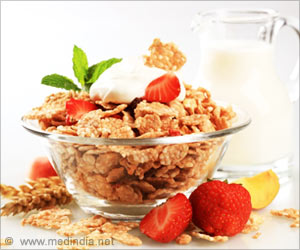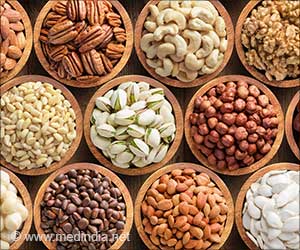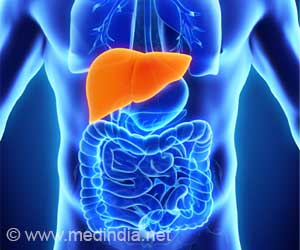Popular cereals like Raisin Bran, Honey Nut Cheerios and Special K would be excluded from the new ‘healthy’ criteria.
- To improve food habits, the US FDA is revising the definition of the word ‘healthy’
- Some well-known breakfast cereals that are perceived to be nutritious will not be eligible for the ‘healthy’ claim
What is Healthy Food
Since it was formed in 1994, the FDA’s original definition of ‘healthy’ has remained constant. According to the current definition, food can be labelled as ‘healthy’ if it has at least 10% of the FDA-recognized Daily Value (DV) for nutrients like calcium and iron, vitamins A and C, protein, and fiber and contains no more than the allowed amounts of sodium, total and saturated fats, cholesterol, and other harmful substances like high levels of cholesterol.US FDA’s Revised Definition of Healthy
Contrarily, the FDA’s revised definition of ‘healthy’ places more emphasis on the food groups linked to healthy dietary patterns, the kind of fat as opposed to the overall amount, and the amounts of sodium and added sugars.To be considered ‘healthy’, a cereal, for instance, must have three-quarters of an ounce of whole grains, no more than 1 gram (g) of saturated fat, no more than 230 mg of sodium, and no more than 2.5 g of added sugar.
According to the FDA’s proposed definition, some well-known breakfast cereals that some people believe to be nutritious would no longer be eligible for the ‘healthy’ claim.
Breakfast Cereals that are not in the Healthy Category
1. Honey Nut Cheerios (12 grams of added sugars)2. Raisin Bran (9 grams of added sugars)
3. Corn Flakes (4 grams of added sugars, 300 milligrams of sodium)
4. Life Cereal Original (8 grams of added sugars)
5. Special K Original Cereal (4 grams of added sugars, 270 milligrams of sodium)
The suggested modifications would reconcile the meaning of the ‘healthy’ claim with current nutrition science, the FDA claims.
More than 80% of Americans, according to a news release from the FDA, do not consume enough fruits, vegetables and dairy. But the majority of individuals consume excessive amounts of added sugar, saturated fat and sodium.
Source-Medindia
















